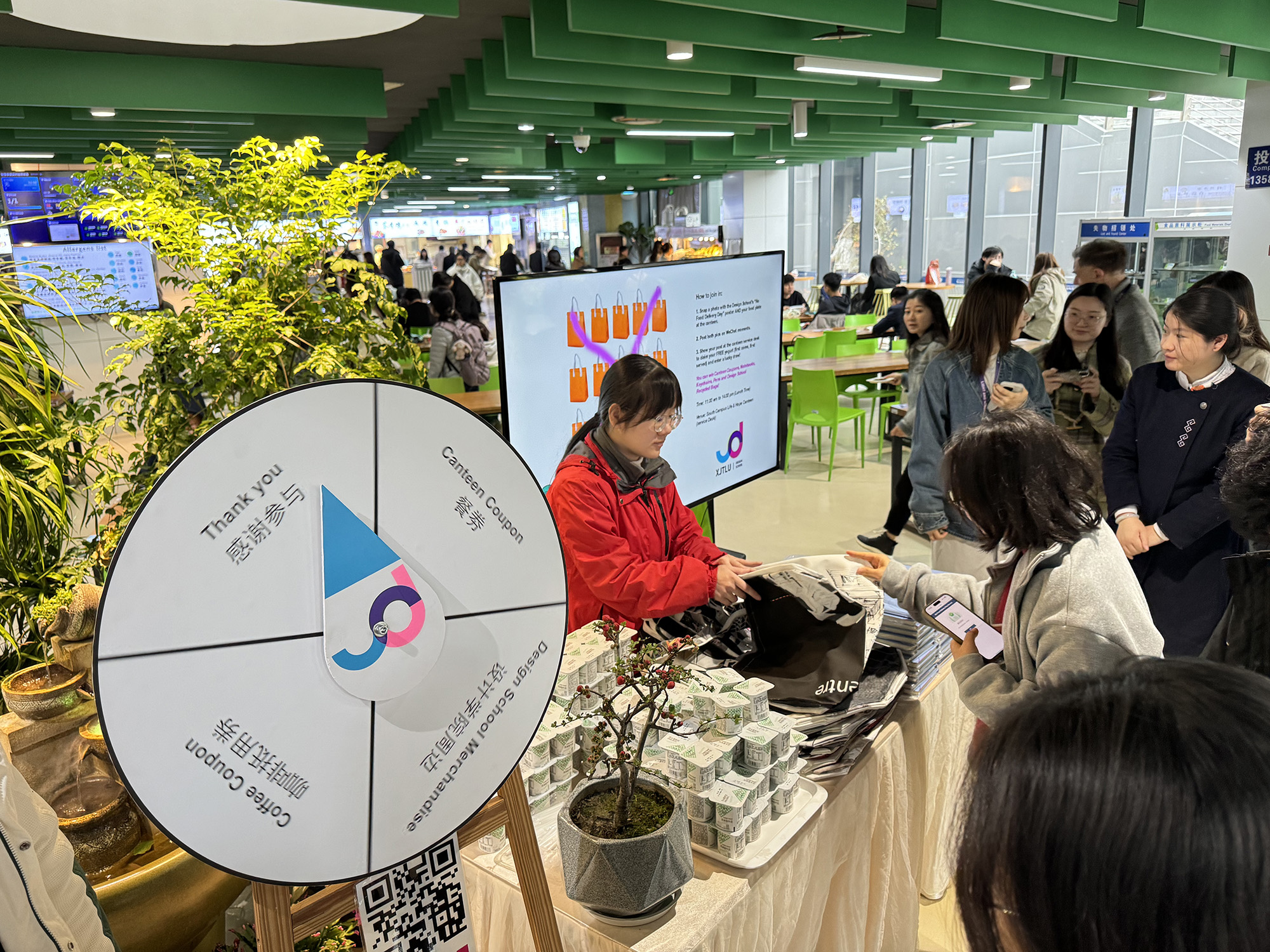Green Revolution: Campus Ditches Delivery Apps for Sustainable Dining

In a bold move towards sustainability, the Design School at Xi'an Jiaotong-Liverpool University launched its inaugural "No Food Delivery Day" this semester on March 14th. The innovative initiative aims to inspire students to minimize single-use plastic consumption and embrace a more environmentally conscious campus lifestyle.
Collaborating closely with the XJTLU canteen, the school has strategically planned to make this eco-friendly event a monthly occurrence, with future dates scheduled for the 14th of each month. By encouraging students to rethink their food delivery habits, the Design School is taking a proactive step in promoting sustainable practices and raising awareness about environmental responsibility.
This monthly event not only reduces plastic waste but also serves as a powerful reminder of the small yet significant changes individuals can make to protect our planet. Students are invited to participate, reflect, and contribute to creating a greener, more sustainable campus environment.
